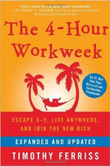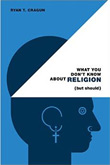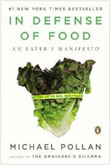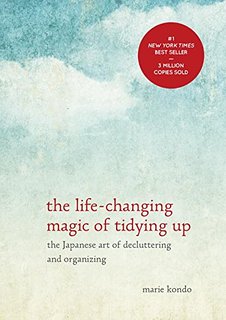Remember Lesson of History on International Women's Day
Brandon Sun, March 2, 2015 - David McConkey
As we approach International Women’s Day this Sunday, reading the
news can be quite shocking. In various parts of the world, girls and
women are being kidnapped, raped, enslaved, and killed. Other
indignities are happening everywhere, often not reported. But every
March 8, we are invited to remember not only the problems
encountered, but also the gains made.
Next year is the centennial of women getting the vote in Manitoba,
the first in Canada. Also important to remember is the “second wave”
of feminism, which started during the Second World War. One huge
step forward: an increase in awareness and action concerning
violence against women, especially in the home.
The gains have been impressive. Think back to Canada, even as late
as the 1960s: multiple barriers to women in the workplace, birth
control illegal, much violence and sexual abuse of women (and
children) unacknowledged, women’s shelters non-existent.
We should also remember that voting and other rights for women were
created by pressure from grassroots movements. The stories of
successful change need to be remembered and shared. We can recall
the role played 100 years ago by women who grew up in Westman, like
Nellie
McClung and sisters Lillian Beynon Thomas and Francis
Marion Beynon.
And we need to learn about the stories of today from around the
globe. For one, the courageous Malala Yousafzai, children’s and
women’s rights activist from Pakistan. Last year, at age 17, she was
awarded the Nobel Prize for Peace.
While we remember the gains that have been made, we must continue to
push ourselves – in our own lives, in our relationships, and in our
society – to do more. We still have a ways to go.
And we must remember that other societies and cultures have not yet
accepted the equality of women as we have in Canada.
Think of Islam (1.6 billion followers), for example. Or Roman
Catholicism (1.2 billion followers). We must challenge and encourage
such religions to “catch up” and to recognize the equality of women.
Equality for women has several components. Perhaps most vital is
equality within the family and home, both for girls growing up and
for women as adults. Another is equality in the larger society such
as employment. There is also equality within cultures and religions,
such as women serving in all roles, such as imam, priest, bishop,
cardinal, or pope.
The benefits of women’s equality are deep and wide. Most fundamental
is the basic protection of women. That’s needed because women
everywhere are victimized: from being genitally mutilated as young
girls to being abused, beaten, raped, and even murdered – often in
their own home.
Then there is the benefit of the enhancement of women’s lives: at
home, through learning, at work, at leisure, and as citizens of the
community.
There are also other benefits of equality that echo throughout any
society and beyond. One example: less terrorism. What if Islamic
societies were to accept the equality of women? Then, I believe,
there would not be terrorism like we have today. After all, a
central feature of ISIS in the Middle East, or Boko Haram in
Nigeria, or the Taliban in Afghanistan and Pakistan is their
absolutely brutal treatment of girls and women.
There is another point that must be stated. Men are attracted to
religions, cultures, and institutions that promote inequality. Where
men have more power and privilege. Where men can expect women to
submit to them sexually and in other ways. And where men’s outbursts
of sexual and physical violence – at home and elsewhere – are
excused or even celebrated.
Somehow we must articulate a new vision of co-operation and
fulfillment for both men and women. Sure, some change will come
naturally with each new generation. But let’s all extend our
imaginations here – it would be nice not to have to wait too much
longer.
Can cultural norms that are thousands of years old change quickly?
Yes. We have seen it before. We can see it again.
Should women be able to vote? Should women be able to participate
fully in society? Should women be able to live in freedom from
violence? At first these sound like parts of an impossible dream. It
is all too easy to think, “That will never happen!”
So, this International Women’s Day, remember that the lesson of
history is clear.
A dream can seem impossible – right up until it suddenly is a new
reality.
See also:
Quality of Life, Well-Being Research Something We Can Feel Good About
Francis Marion Beynon: Compelling Story of a Manitoba Suffragist, Pacifist
More Emphasis on Domestic Violence Prevention is Crucial
Popular Right Now:
- 15 Tips for Healthy Eating
- Quality of Life, Well-Being Research Something We Can Feel Good About
- Diets Don't Work, So What Does?
- Political Contributions: Top Ten Canadian Tax Tips
- Nestle Fitness 14 Day Weight Loss Program; What is Wrong Here?
- Charitable Donations: Top Ten Canadian Tax Tips
Must Read Books:
The 4-Hour Workweek:
Escape 9-5, Live Anywhere, and Join the New Rich

What You Don't Know About Religion (But Should)

In Defense of Food:
An Eater's Manifesto

The Life-Changing Magic of Tidying Up:
The Japanese Art of Decluttering and Organizing

Don't
Even Think About It:
Why Our Brains are Wired to Ignore Climate Change

Like This? Share It!
Press Ctrl + D to Bookmark!
